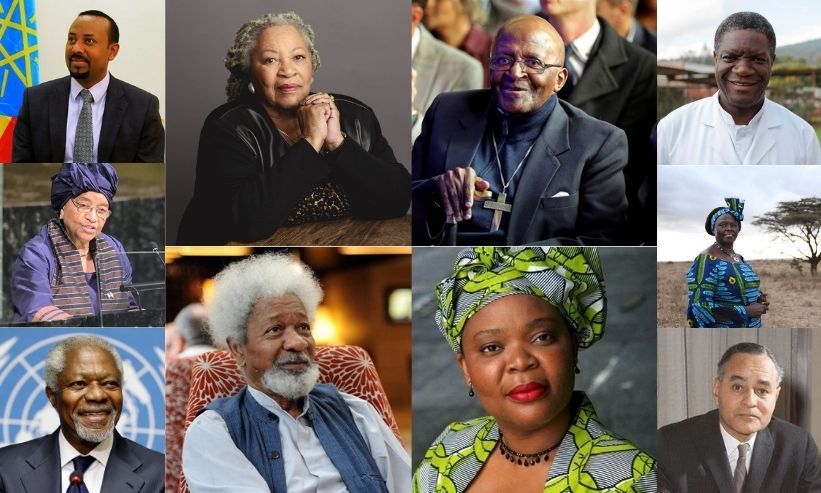As of 2020, 930 people have been awarded a Nobel Prize. Since 1901, nearly a thousand individuals have been recognized for their achievements in chemistry, literature, physics, physiology and medicine, and peace. Later, in 1969, an associated prize in economics was added.
While the yearly process begins in October, awards normally take place in December. With the coronavirus pandemic also affecting the awards, the Stockholm-based events were replaced with a digital ceremony while the Oslo ceremony for the peace prize had a limited audience. Some of the 2020 recipients included Drs. Harvey J. Alter, Michael Houghton, and Charles M. Rice for their work on the hepatitis C virus. The World Food Program was awarded the Nobel Peace Prize for its efforts in combating global hunger throughout the coronavirus pandemic.
The work of Nobel Prize winners is quite literally life-changing. Even so, I can’t help but notice the glaring imbalance among the faces of Nobel Prize winners. In 2014, MSN posted 10 “fascinating facts” about the Nobel Prize. One such fact stated that over 94% of Nobel laureates were men meaning only 5% were women. At the time of this article, only 44 women had been awarded the Nobel Prize, a number that has since increased to 57 making the percentage of female Nobel laureates slightly over 6%. Even with this slight increase, this abysmal percentage is still better than that of Black Nobel winners.
As of December 2020, there are 16 Black Nobel Prize winners in the award categories of Peace, Literature, and Economics. To put it plainly, only 1.72% of Nobel laureates are Black. And the male to female ratio is still imbalanced with only 4 (25%) of Black Nobel winners being women. To be honest, this percentage is discouraging, but the successes and acknowledgment of these 16 men and women aren’t. So allow me to share their successes with you.
Here is a quick look into the 16 Black men and women who have been awarded for their achievements in literature, economics, and peace.
Ralph Bunche (1950)
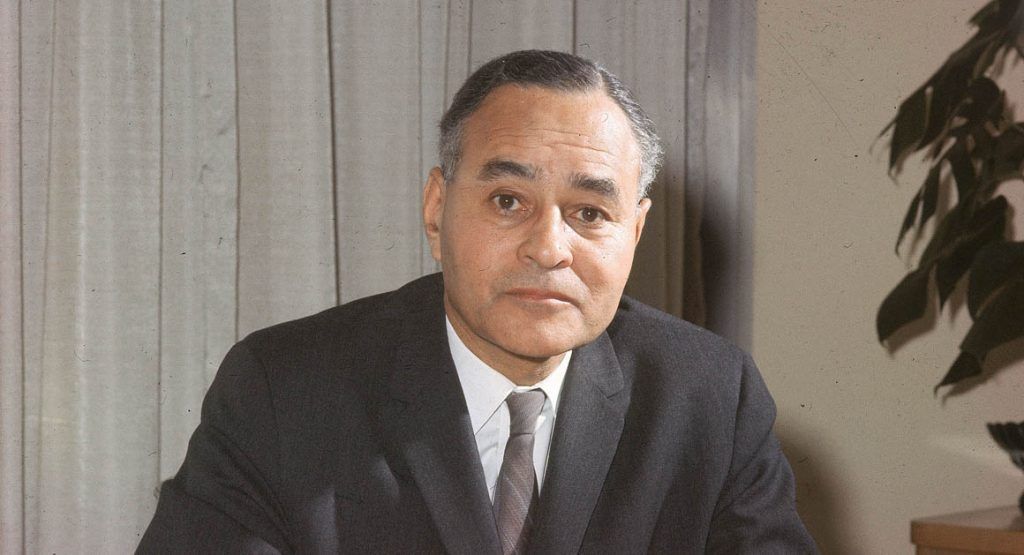
Leading the way for Black people, Ralph Bunche was the first-ever Black person awarded with a Nobel Prize. After joining the UN as head of the Trusteeship department, Bunche became an acting mediator for the Middle East to facilitate the UN’s resolution of dividing Palestine between Arabs and Jews. His efforts would lead to a cease-fire that culminated in the creation of the state of Israel in 1948. Bunche’s work led to his 1950 Nobel Peace Prize and 1963 Presidential Medal of Freedom that was presented to him by President John F. Kennedy.
Albert John Luthuli (1960)
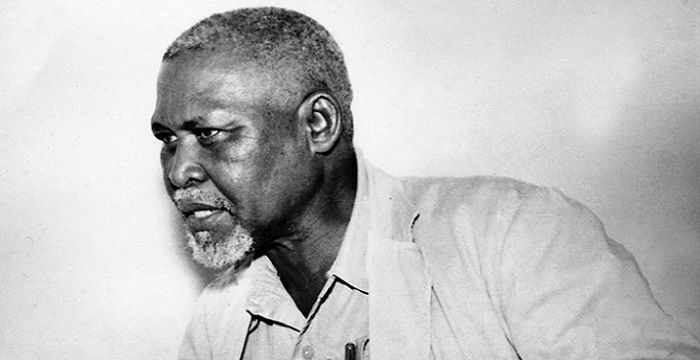
The first African native to be awarded a Nobel Prize, Albert John Luthuli was a proponent of human rights in South Africa. In 1952, Luthuli was elected the president of the African National Congress (ANC) liberation movement. This movement, led by Luthuli, was a campaign against apartheid in the African country. While Albert John Luthuli practiced civil disobedience and nonviolence, his movement was met with violence by South Africa’s white minority government. Not only was Luthuli arrested, but 69 Black demonstrators were massacred leading to the ban of the ANC. While the ANC’s efforts were temporarily halted, Luthuli was praised and awarded for his role in the struggle.
Dr. Martin Luther King Jr. (1964)
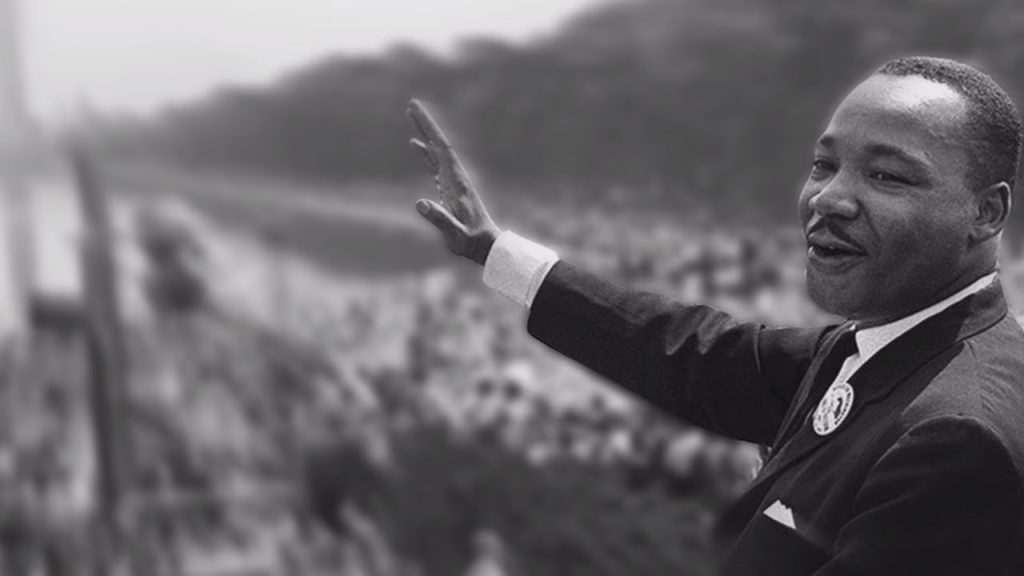
In 1964, Martin Luther King Jr. was awarded the Nobel Peace Prize “for his non-violent struggle for the Afro-American population.” Four years before his murder, he was recognized for his role at the front of the civil rights movement. While he worked tirelessly for years, one of the brightest moments came during the 1963 March on Washington when 250,000 demonstrators marched to the Lincoln Memorial where King delivered his “I Have a Dream” speech. At 35 years old, he became the youngest Black American to win a Nobel Prize.
Arthur Lewis (1979)
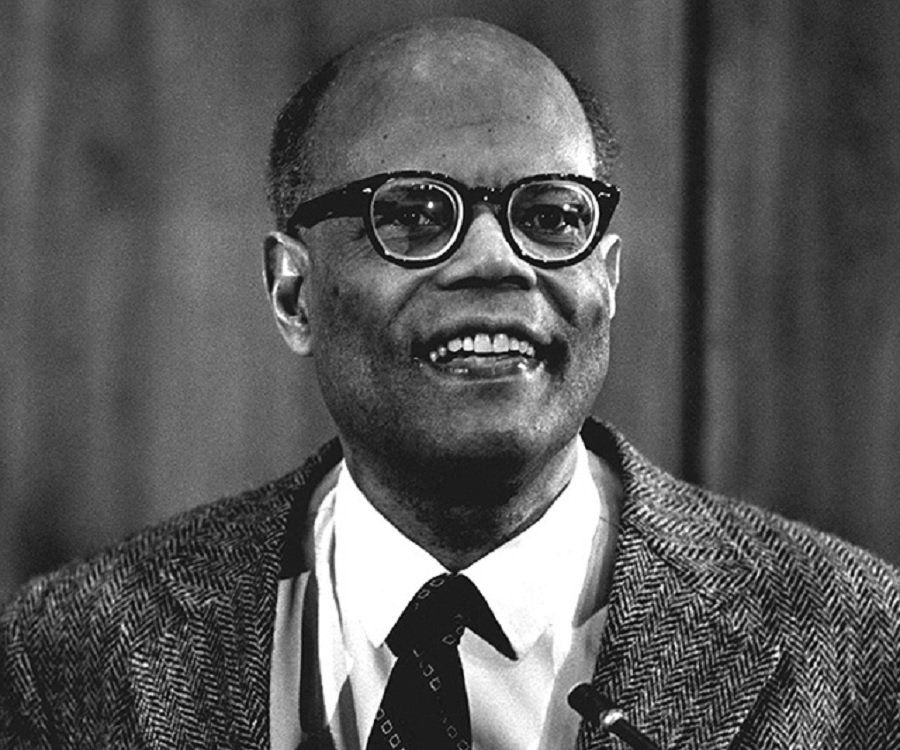
Sir Arthur Lewis was born in modern-day Saint Lucia in 1915 and would go on to win the Nobel Prize in Economic Sciences in 1979. At the time of his award, he was the first Black person to win a Nobel Prize in Economic Science, and as of 2020, he is still the only Black person to do so. At the time of his award, he was affiliated with Princeton University. According to Nobel, he was awarded for his contribution in developing “two economic models which mark out the causes of poverty among the population of the developing countries, as well as the factors determining the unsatisfactory pace of development.”
Desmond Tutu (1984)
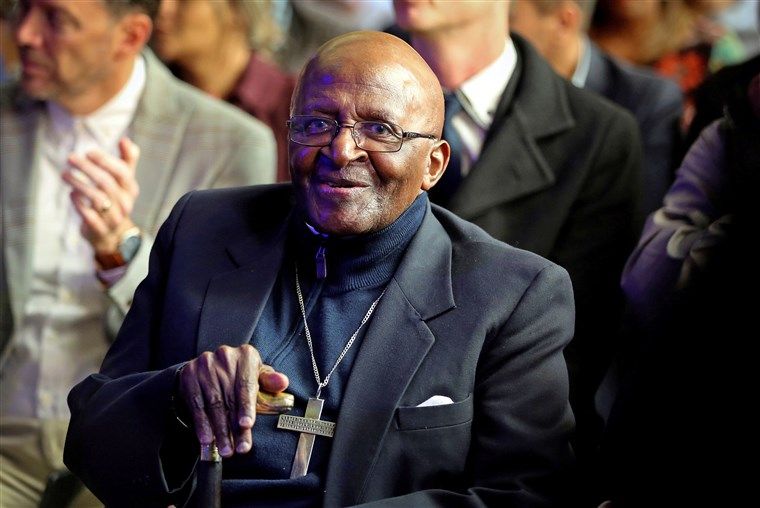
Born in South Africa in 1931, Desmond Tutu was another important figure in the fight against apartheid. In his youth, Tutu studied theology, becoming an Anglican priest in 1960. After traveling through European and African countries for education and work, he returned to South Africa where he began speaking out against its racial segregation. As the Dean of Johannesburg, he endorsed the economic boycott of South Africa and was vocal about the silence of South Africa’s white community following the Soweto uprising. It is believed that Tutu’s 1984 Nobel Peace Prize award helped propel the economic protest against the country to help abolish apartheid.
Wole Soyinka (1986)

Born in Abeokuta, Nigeria, Wole Soyinka has always been an outspoken man. Having spent two years in solitary confinement during the Nigerian Civil War, he was known for expressing his criticisms of corrupt African governments and their military dictators. Never one to mince words, Soyinka’s 1986 Nobel Prize in Literature came for his work as a playwright, poet, novelist, and essayist. His work spans 65 years and tells the legends, tales, and traditions of his Nigerian and Yoruba cultures.
Derek Walcott (1992)
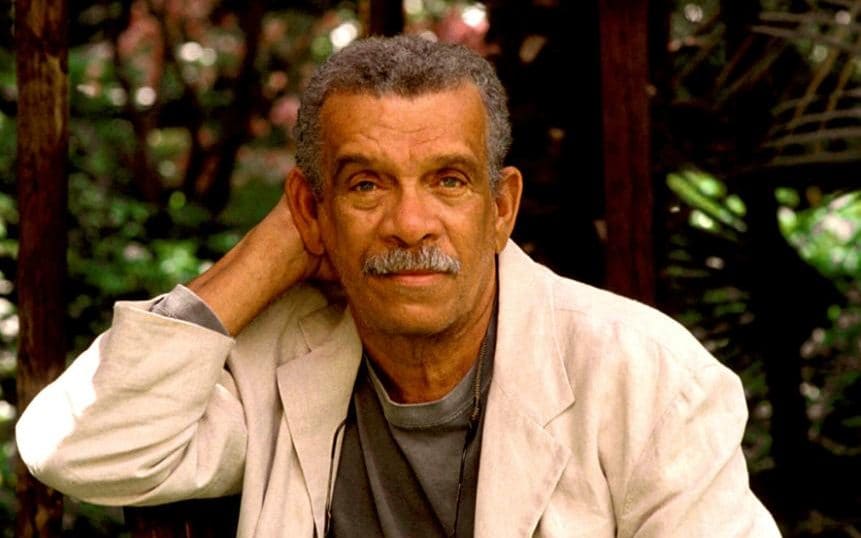
Derek Walcott was a poet and playwright from Saint Lucia. The motivation behind his prize was “for the poetic oeuvre of great luminosity, sustained by a historical vision, the outcome of a multicultural commitment.” With the 1990 publishing of his most notable work Omeros, this might’ve sealed Walcott’s literary prowess and propelled him to his 1992 award. This is in addition to his acclaimed 1967 play Dream on Monkey Mountain. The Nobel Prize in Literature wasn’t Walcott’s only accomplishment as he earned numerous awards before his passing in 2017.
Nelson Mandela (1993)
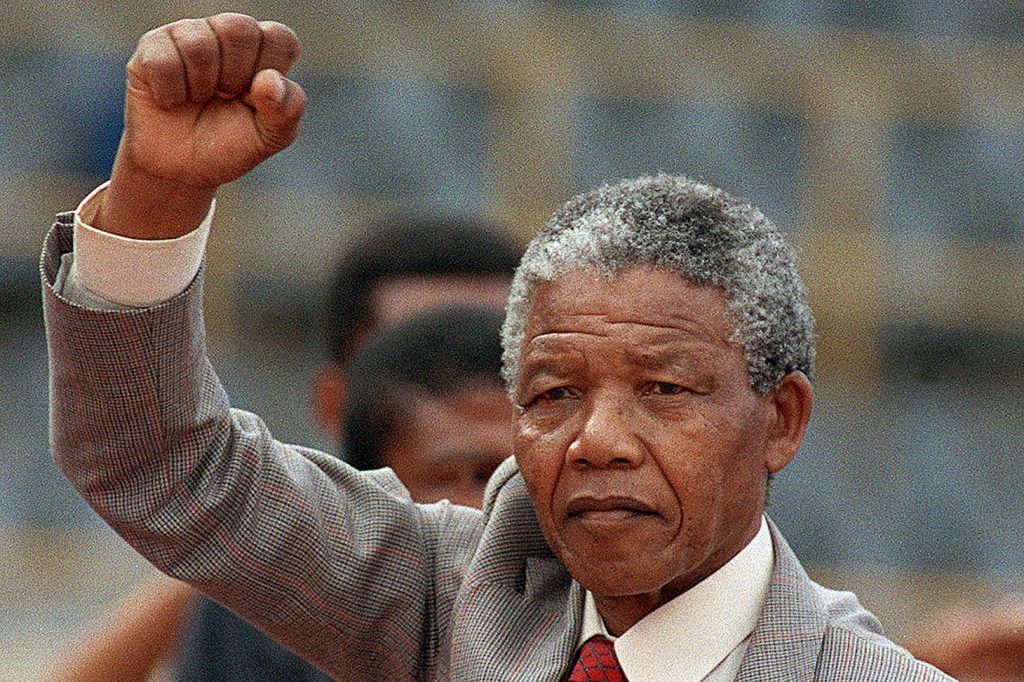
In 1994, Nelson Mandela became the first Black president of South Africa as well as the first to be elected in a fully representative democratic process. This came just one year after Mandela was awarded the Nobel Peace Prize for “the peaceful termination of the apartheid regime, and for laying the foundations for a new democratic South Africa.” A young member of Luthuli’s African National Congress, Mandela eventually organized a military underground movement. This would lead to his 1962 arrest where he was sentenced to life in prison for high treason and conspiracy against South Africa. Mandela was imprisoned until his release in 1990 by then-President Frederick Willem de Klerk, with who Mandela then worked to negotiate an end to apartheid.
Toni Morrison (1993)
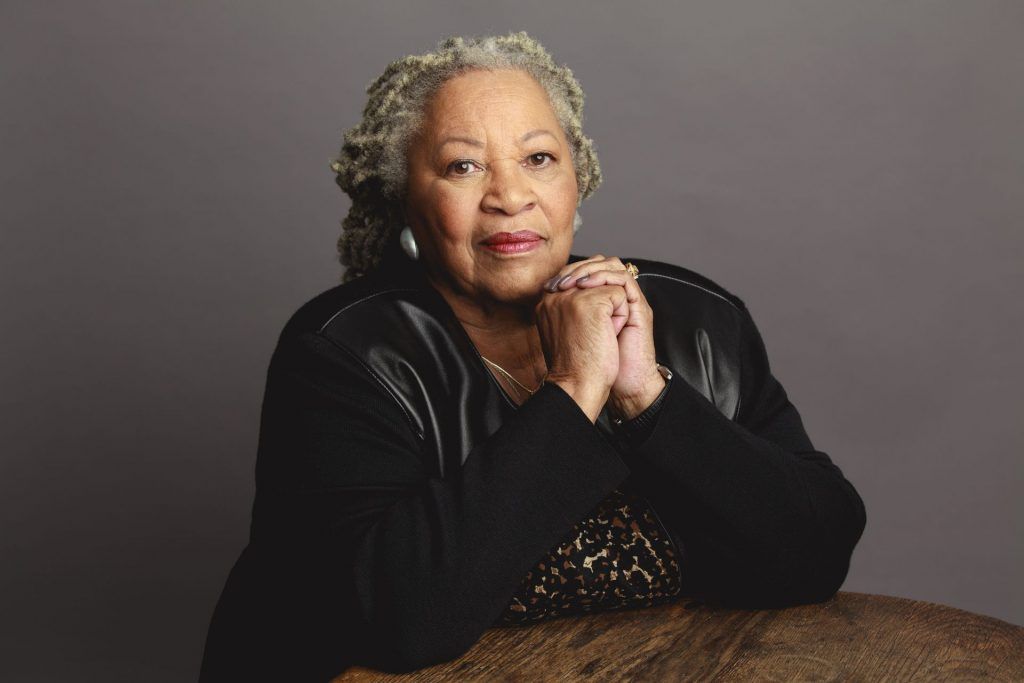
Toni Morrison is one of the most celebrated authors of her time, and in 1993, she pushed it even further. In 1993, Toni Morrison earned the title of being the first Black woman awarded with a Nobel Prize. A moving storyteller, she has used her novels to tell the stories of Black Americans. She first gained attention with her debut novel, The Bluest Eye, which she followed up with Song of Solomon (1977), and her 1987 Pulitzer Prize-winning novel, Beloved. To add to the achievements of this prolific writer, she was presented with the Presidential Medal of Freedom in 2012 by President Barack Obama and was posthumously inducted into the National Women’s Hall of Fame in 2020.
Kofi Annan (2001)
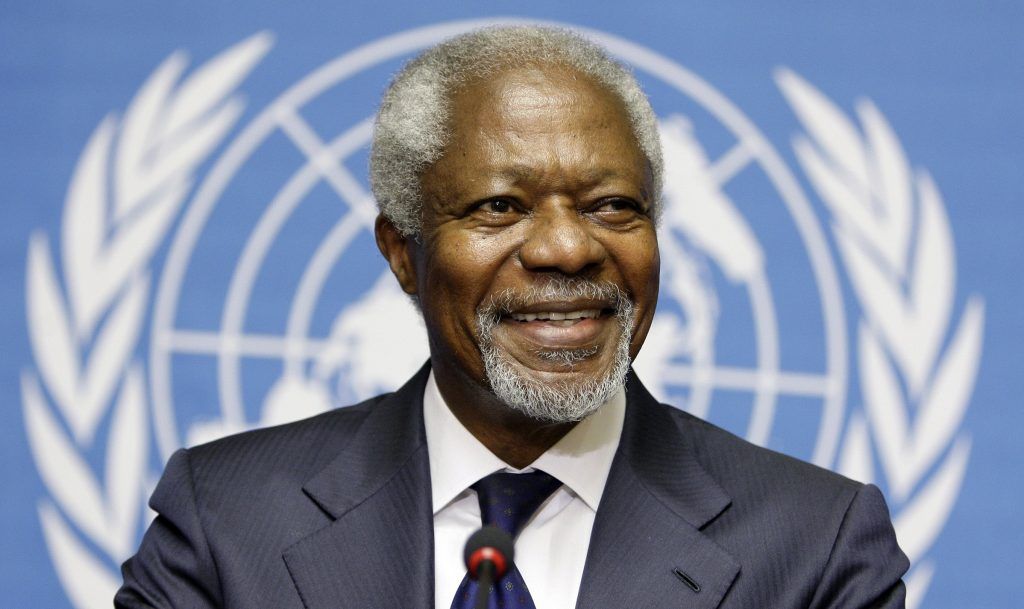
Born in Ghana in 1938, Annan spent his youth excelling in his studies before earning a grant to complete his undergraduate degree in economics at Macalester College in St. Paul, Minnesota. Eventually, his education would culminate in a master’s degree from the notable MIT Sloan School of Management. Annan’s career began as a budget officer for the World Health Organization before he worked his way up the UN. In 1993, he was appointed Deputy Secretary-General for peacekeeping operations, and would eventually become the UN’s seventh Secretary-General. It was during this time, in 2001, that he was awarded for one, revitalizing the UN and two, giving a priority to human rights. Annan was also recognized for his commitment to contain the AIDS epidemic in Africa.
Wangari Maathai (2004)
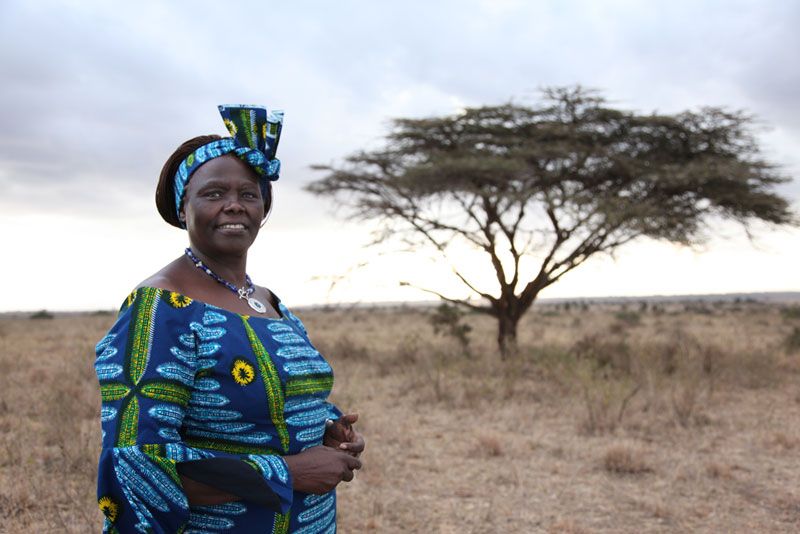
Wangari Maathai’s life can be seen as a call to action to mobilize women. Not only was she the first African woman to receive a Nobel Peace Prize, but she was also the first female professor in her native country of Kenya. Maathai founded the Green Belt Movement in 1977 which focused on environmental conservation, reforestation, and women’s rights. Her campaign called for women to plant trees in their local environments. The Green Belt Movement spread to neighboring African countries and is responsible for the planting of over 30 million trees.
Barack Obama (2009)
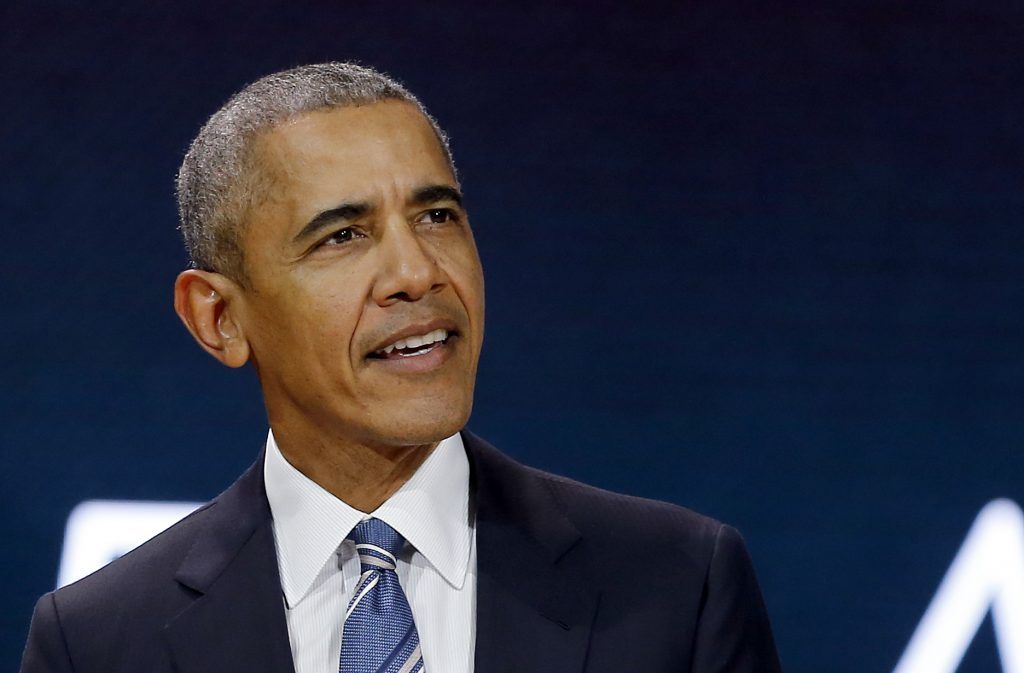
Now, Barack Obama is a great symbol for America. As an educated Black man, the election to his role as the 44th president of the United States will forever live in history. Now, it’s no secret that Barack Obama’s 2009 Nobel Peace Prize award came as a shock to most. In a statement with New York Post, Geir Lundestad, a member of Norway’s Nobel Committee, told New York Post, “It is true, Obama did not do much before winning, but he represented the ideals of the committee. And when we have an American president who supports that message, we like to strengthen him.” Not only was this award met with hesitation from Obama and the White House, but 61% of Americans believed he didn’t deserve it.
Ellen Johnson Sirleaf (2011)
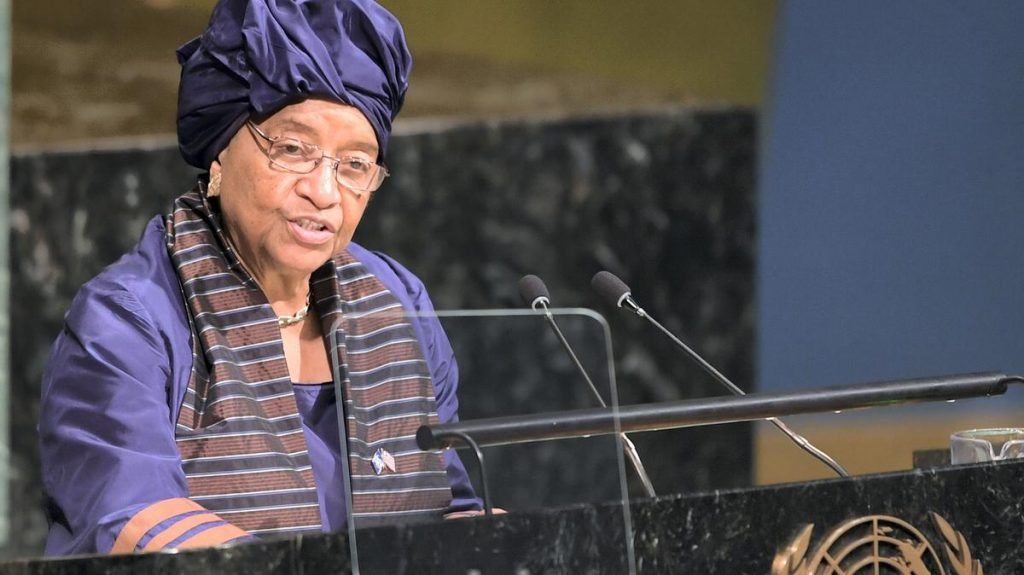
Ellen Johnson Sirleaf earned the 2011 Nobel Peace Prize alongside Leymah Gbowee and Tawakkol Karman. Born in Liberia’s capital of Monrovia, Sirleaf married at 17 years old and spent much of her time as a homemaker. Eventually traveling to the United States in 1961 with her husband, she pursued an associate’s degree in accounting and subsequently divorced her husband due to abuse. Her education took her to earn a BA in economics and a Master of Public Administration from Harvard. Her career eventually took her back to Liberia where she ran for public office and spoke out against the Liberian government. It was in 2005 when she was elected Liberia’s president and became the first female president of an African country. Nobel describes Sirleaf as having “worked to promote peace, reconciliation, and social and economic development.”
Leymah Gbowee (2011)
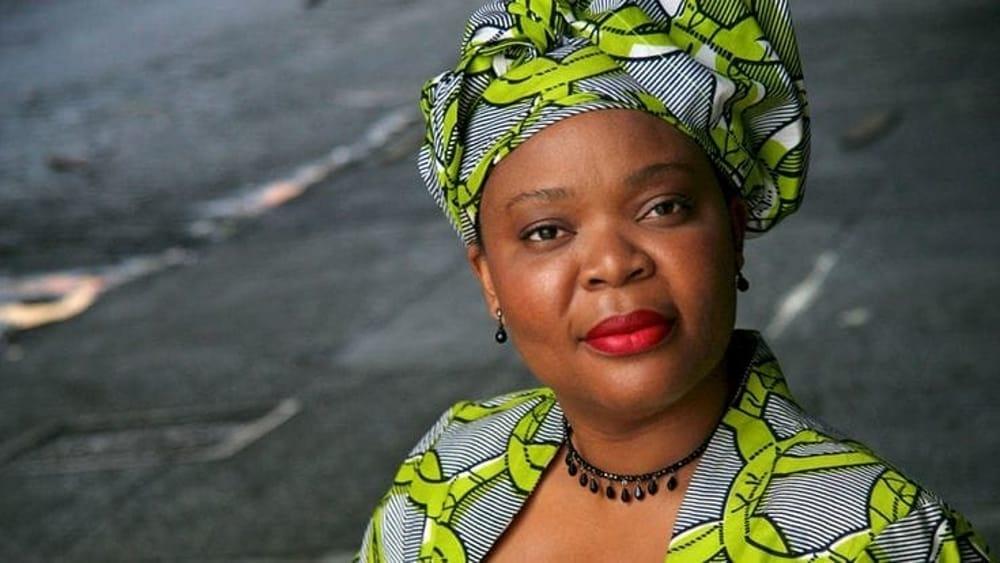
Leymah Gbowee was awarded the Nobel Peace Prize in 2011 alongside Sirleaf “for their non-violent struggle for the safety of women and for women’s right to full participation in peace-building work.” Born in Liberia, Gbowee had an early drawing to social work. She initially took a three-month training provided by UNICEF that helped train people as social workers. Her training was bolstered by an associate’s degree in social work that she earned a few years later. She helped lead the Women of Liberia Mass Action for Peace, a peaceful organization that helped bring an end to the Second Liberian Civil War.
Denis Mukwege (2018)

Denis Mukwege was born in the present-day Democratic Republic of Congo. Mukwege’s decision to study medicine came from seeing the complications that Congo women experience during childbirth. After graduating with a medical degree in 1983, he took this a step further in 1999 when he founded the Panzi Hospital in Bukavu. Sexual violence is a devastating weapon and effect of war, and Mukwege’s Panzi Hospital specializes in treating women who have been victims of sexual violence from armed conflicts. His Nobel Peace Prize was awarded in 2018 for his effort “to end the use of sexual violence as a weapon of war and armed conflict.”
Abiy Ahmed (2019)

Abiy Ahmed was awarded the Nobel Peace Prize in 2019 for his work to help resolve the border conflict between his country of Ethiopia and neighboring Eritrea. After participating in the armed struggle against the communist regime of dictator Mengistu Haile Miriam, he joined the Ethiopian military. Ahmed also focused on his studies which included computer science, leadership, and economics. In 2010, he was elected to the Ethiopian parliament, seven years before he earned his doctorate from Addis Ababa University in peace and conflict research. After becoming the prime minister of Ethiopia in 2018, he helped end the territorial stalemate between Ethiopia and Eritrea, a conflict that began in 1998.
There is an abundance of greatness from the 16 Nobel Prize winners on this list. Four, or 25%, of the Black Nobel Prize winners, were awarded within the last decade, and I can only hope that this is a sign that more deserving Black figures will be recognized for their work in the future.
Tell us in the comments: Name someone you feel is deserving of winning a Nobel Prize.
